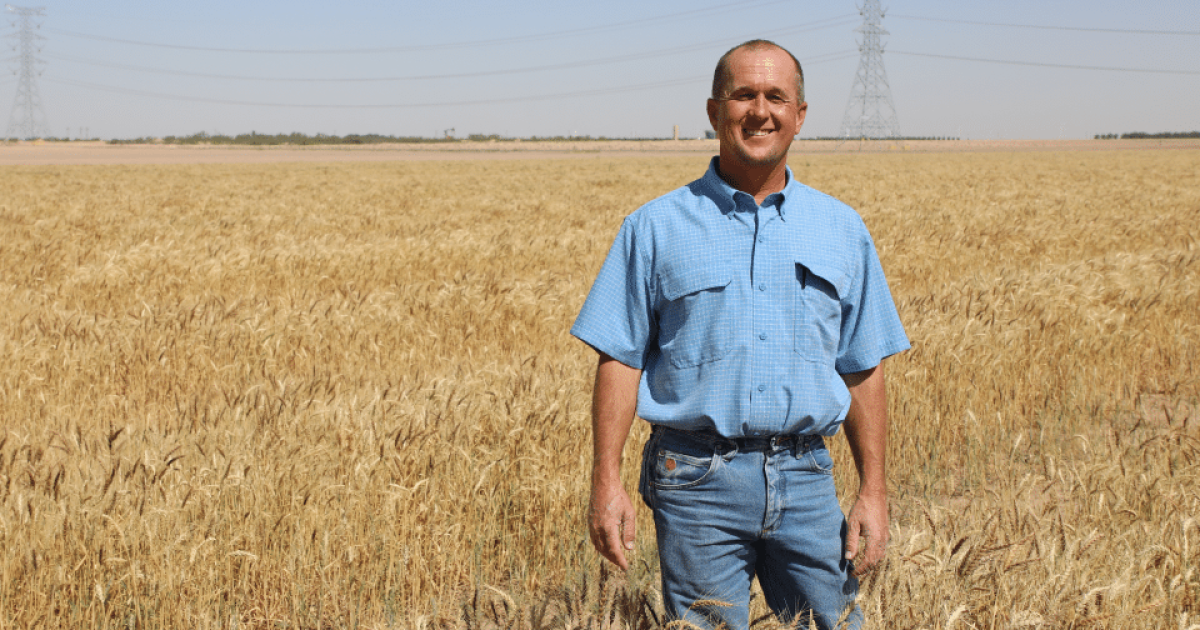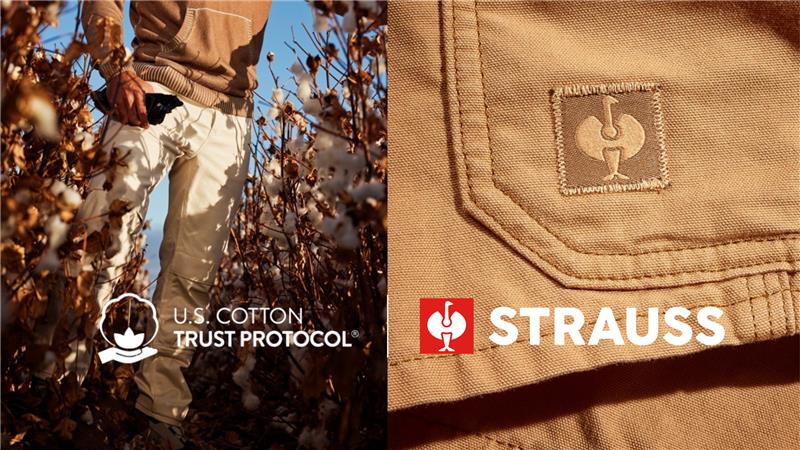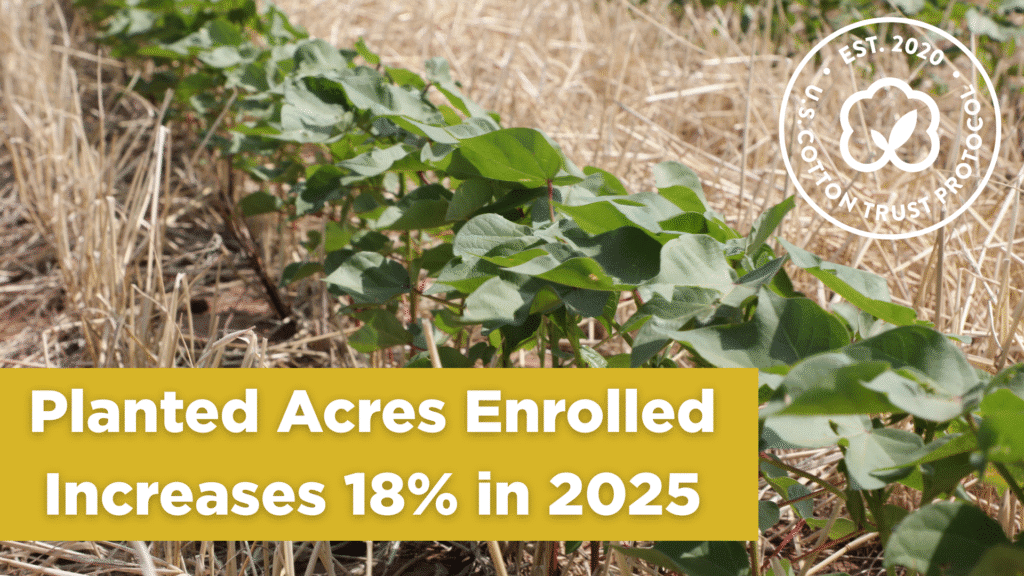Allan Fuchs’ Innovative Farming in West Texas
Allan Fuchs, a cotton farmer and Trust Protocol grower in West Texas, embodies the spirit of resilience and innovation. Farming alongside his brother, Allan navigates the unique challenges of West Texas agriculture – limited rainfall, water quality issues, and the constant need to balance economic viability with environmental sustainability. His story isn’t just about growing cotton, it’s about adapting, experimenting, and finding creative solutions to navigate these demanding conditions, including what he calls his “sweet spot” – an innovative watermelon, cotton, and wheat rotation. Allan doesn’t just accept the challenges; he actively seeks ways to overcome them.
Farming in a Challenging Landscape
Allan farms in a region where water scarcity is a challenge. “Our [underground] water has really dropped in the past 20 years. It’s been a slow decline, but steady.” Precipitation is also limited, with only 10-12 inches annually in recent years, though a good year might bring around 17 inches. This reality has driven him to adopt innovative irrigation practices and explore alternative cropping strategies. Allan understands that farming responsibly in this environment requires a long-term perspective, recognizing that taking from the land necessitates putting back into it in order to maintain its health and productivity.
Allan isn’t one to simply wait for rain. He understands the need for a proactive approach to his biggest challenge. “Honestly, the biggest challenge I face is probably lack of rainfall, which is something I can’t fix. I think in any business, you better be looking at what is in the future. Where am I headed? How am I going to make this work? I can’t just sit back and say, ‘When it starts raining it’s going to work.” This mindset is what fuels his innovative practices.
The Sweet Spot: Allan’s Innovative Crop Rotation
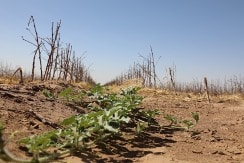
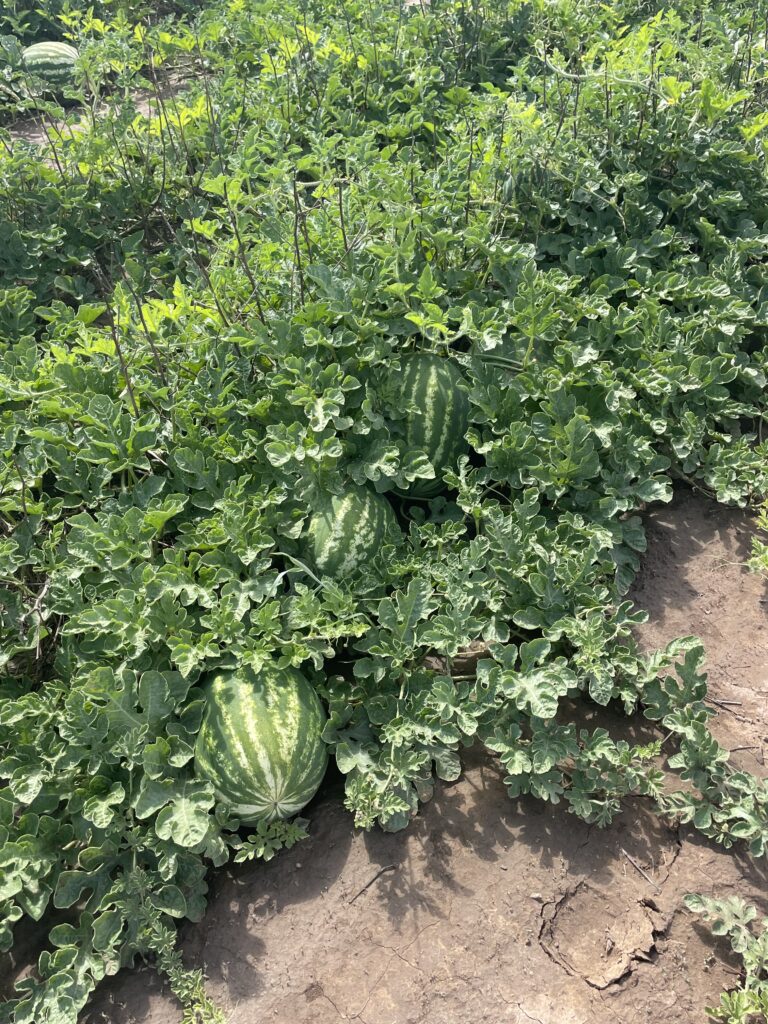
One of the most distinctive aspects of Allan’s operation is his innovative watermelon, cotton, and wheat rotation. He sees it as a key element in both profitability and long-term soil health. Watermelon is a valuable crop well-suited for the region’s climate.
Allan plants watermelons in the cotton stalks from the previous year, utilizing them as a windbreak. After harvesting the watermelons, he plants wheat to take advantage of the residual fertility and moisture. Wheat also helps improve soil structure and reduce soil erosion. This wheat crop is then followed by cotton. This rotation not only creates a resilient farming system but also allows the land to rest, replenishes nutrients, and ultimately leads to higher-yielding cotton crops.
Precision Irrigation: Making Every Drop Count

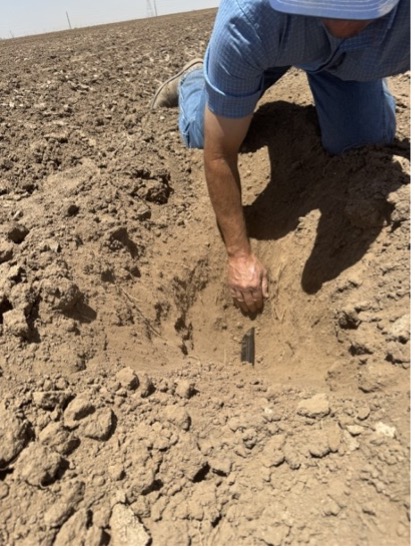
Given the limited rainfall and declining water quality, Allan emphasizes the importance of efficient irrigation. Allan utilizes a system underneath the soil that delivers water directly to the roots of the plants. This method minimizes water loss through evaporation and runoff. He’s moved from manually turning valves and having water lines spread far apart to using automatic controllers and placing the water lines closer together. This closer spacing ensures that water and nutrients are delivered more precisely to plants.
The automatic controllers give Allan precise remote control over his irrigation systems via his phone. “You can wake up in the morning and log in on your phone,” Allan said. “I can see that they’re operating. I can see the pressures, and it buys me the flexibility of knowing that they are running efficiently before I leave the house.” This technology saves water, time, and labor, allowing Allan to manage his farming operation more effectively.
The Trust Protocol and the Future of Cotton
Allan sees the U.S. Cotton Trust Protocol as a valuable tool for building trust with stakeholders. “I think mainly is that it creates a comfort level with the end user, and I think that’s what we’re all looking for.” He believes it helps bridge the gap between farmers and the supply chain, ensuring that the cotton they purchase is produced responsibly.
Allan Fuchs’ story is a testament to the ingenuity and dedication of cotton farmers in West Texas. He embraces innovation, respects the land, and understands the importance of connecting with the supply chain. He doesn’t wait for solutions; he creates them.

